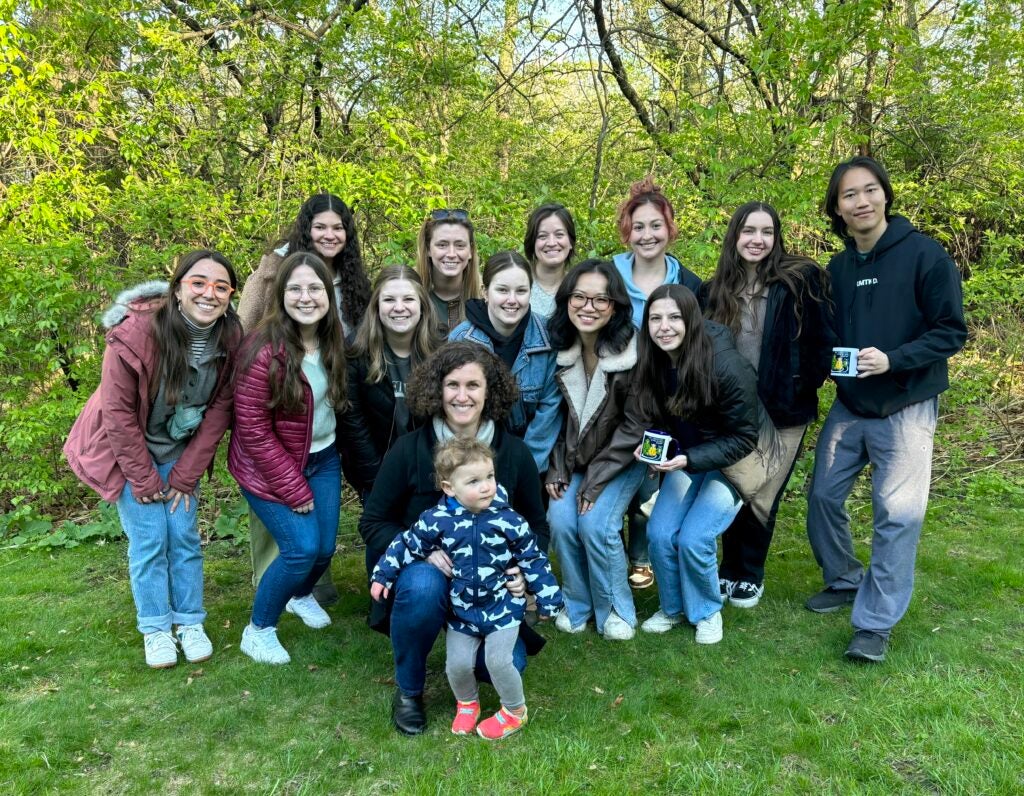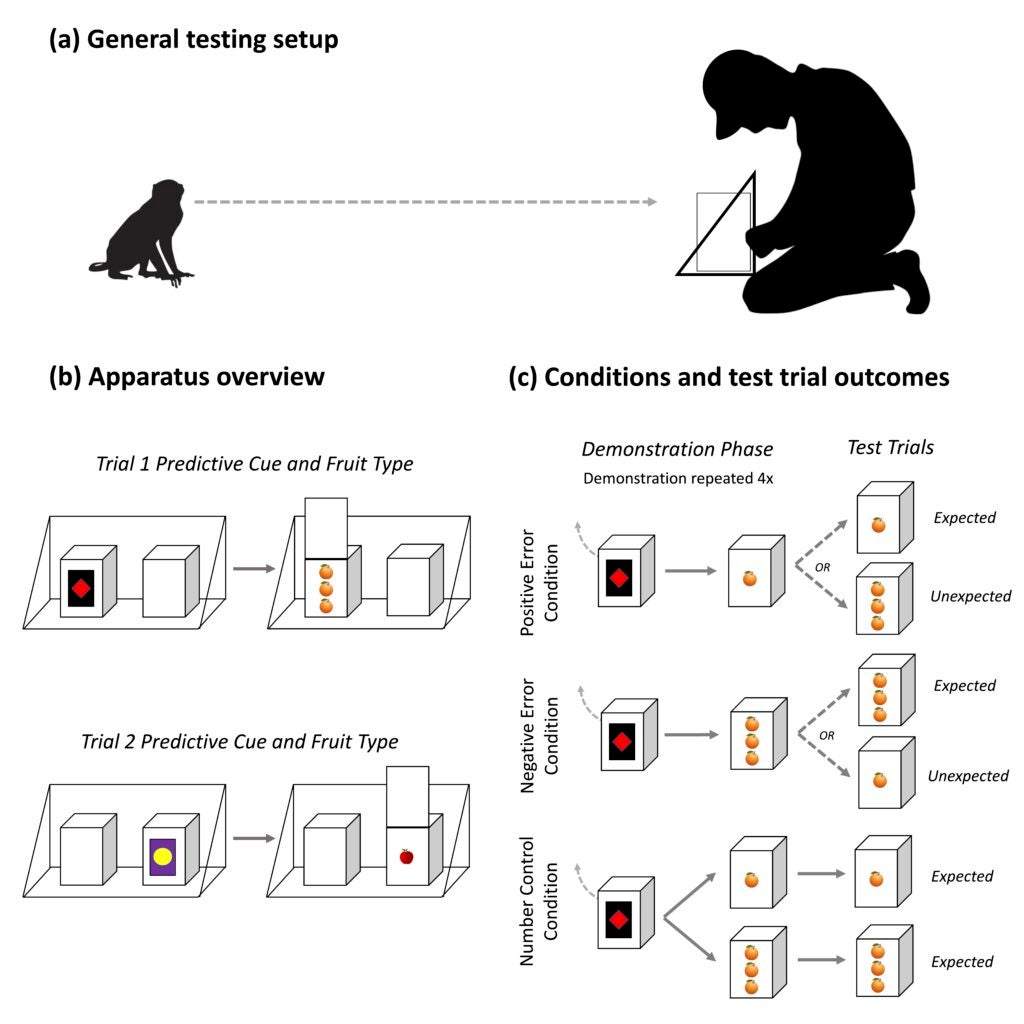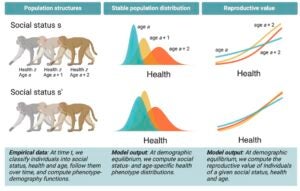End of the 2023-24 year lab party!
The Cognitive Evolution Group celebrated the end of a great year, and our graduating students, with a lab party!

End of the 2023-24 year lab party! Read More »
The Cognitive Evolution Group celebrated the end of a great year, and our graduating students, with a lab party!

End of the 2023-24 year lab party! Read More »
Congratulations to Dr. Cantwell for a great defense talk on her research, entitled “The evolution of executive function in primates: an individual differences approach.”
Averill completed her PhD! Read More »
Daniella is a freshman intending to major in Psychology at the University of Michigan. This is her first year with the Cognitive Evolution Group and she is excited to learn about the behavior and cognition of non-human primates. Her plans for this year include exploring how research works and learning as much as she can.
Huang, Y., Chang, H., Santos, L.R. & Rosati, A.G. (2024). Predictions about reward outcomes in rhesus monkeys. Behavioral Neuroscience, 138: 43-58
[PDF] [Supplementary] [Study Videos] [Publisher’s version]Abstract
Predictions about reward outcomes in rhesus monkeys Read More »
Lab postdoctoral alum Margaret Bryer recently started a new position as an Assistant Professor of Anthropology at University of Wisconsin. Grad student alum Yiyun Huang started a new mentoring and coordination position at UMich LSA Connect. Lab coordinator alum Natalia Camargo Peña started a posiiton as a PhD student in Anthropology at Stony Brook University. Undergrad alum Nami Kaneko started as a lab manager in the Desrochers Lab at Brown University. Undergrad alum Ariana Mistry recently accepted a position as a lab manager at the APE Lab at Emory University. Congrats all on the new positions!





Congrats to lab alumni Margaret, Yiyun, Natalia, Nami, and Ari on new positions! Read More »
Hernández-Pacheco, R., Steiner, U.K., Rosati, A.G., Tuljapurka, S. (2023). Advancing methods for the biodemography of aging within social contexts. Neuroscience and BioBehavioral Reviews, 153: 105400.
[PDF] [Publisher’s version]Abstract
Advancing methods for the biodemography of aging within social contexts Read More »
Tufts alum Charlie MacKenzie and lab undergrad alum Skylar Brodnan recently joined the group as new lab coordinators. Welcome!


Welcome Skylar and Charlie! Read More »
Isabelle is a Junior studying Ecology, Evolution, and Biodiversity as well as Biopsychology, Cognition, and Neuroscience. She is interested in animal behavior, both from an ecological and cognitive perspective. Isabelle is excited to work with the Cognitive Evolution Group this semester and hopes to continue this type of research in the future.
Charlie graduated from Tufts University in 2023 with a degree in Psychology and a minor in Biological Anthropology. She has studied social behavior in wild chimpanzees and captive gorillas, along with chimpanzee tool use. Her research interests include human evolution and behavior, and how animal evolution and behavior can inform our understanding of humans.
Rosati, A.G., Sabbi, K.H., Bryer, M.A.H., Barnes, P., Rukundo, J., Mukungu, T., Sekulya, P., Ampeire, I., Aligumisiriza, H., Kyama, S., Masereka, J., Nabukeera, W., Okello, A., Waiga, B., Atwijuze, S., Camargo Peña, N., Cantwell, A., Felsche, E., Flores-Mendoza, K., Mohamed, S., Monroe, I., Mulhinch, M., O’Gorman, K., Salamango, J., Shamah, R., Otali, E., Wrangham, R.W., & Machanda, Z.P. (2023). Observational approaches to chimpanzee behavior in an African sanctuary: implications for research, welfare, and capacity-building. American Journal of Primatology, 85: e23534.
[PDF] [Publisher’s version]Abstract